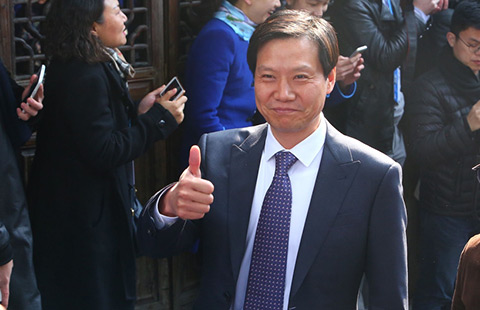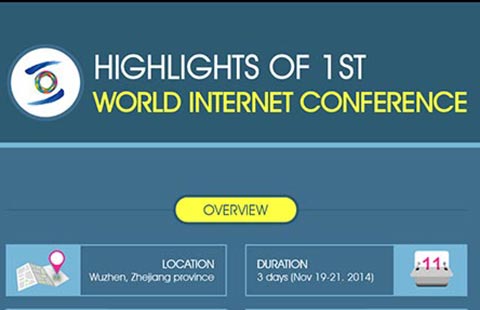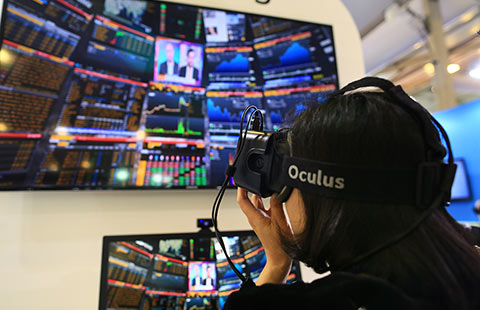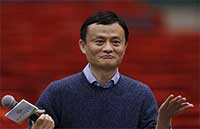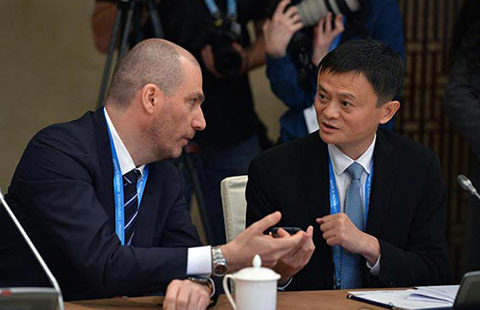Digital China chairman confident about future development
(chinadaily.com.cn) Updated: 2015-12-17 14:49
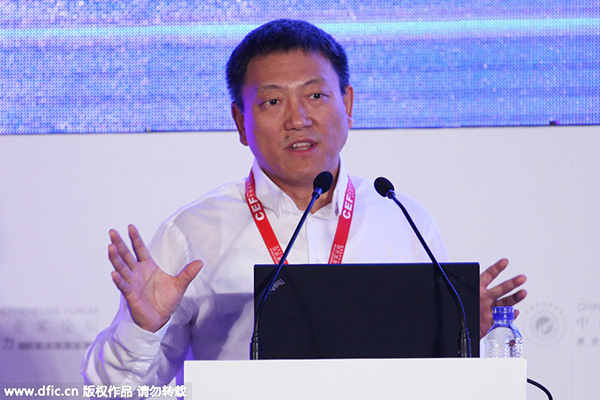 |
|
Guo Wei, chairman of Digital China Holdings Limited. [Photo/IC] |
"Earlier, we had concerns. But now, we have more confidence in developing enterprises, because we have support of the government," Guo said.
In his keynote speech, President Xi elaborated the relationship between the virtual space and the real world, which is consistent with our research, Guo added.
"By building up a smart city, we hope to build a virtual cyberspace to solve some problems which are difficult to deal with in the real world. When building up smart cities, we will continue to adopt an open platform. If we find good companies, we will be active in mergers and acquisitions, or investment", Guo said.
China has witnessed a rapid development of its Internet industry over the past two decades. The Internet has profoundly affected almost every facet of Chinese people's lives including communication, transportation, and entertainment.
As of July 2015, the number of Internet users had reached 668 million, the most in the world, according to official figures. All cities and towns, and 93.5 percent of administrative villages in China now have access to the Internet.
The thriving Internet industry and the gigantic market potential have also bred countless Internet companies, and some of them, such as Baidu, Tencent and Alibaba, have become international goliaths.
Chinese authorities have attached more importance to the Internet, pledging to transform China from a big Internet nation to a great one. The Internet, with better management, will be more open to the world.
- China introduces guidelines on accelerating FTAs
- HP executive impressed by Xi's willingness to develop the web
- Coastal express railway opens in NE China
- Dongeejiao Pharmaceutical to launch donkey food brands
- Xiwang Group steps into financial business
- Fashion buyer scours the world for trendy items
- China to replace subsidy with reward to underpin PPP projects
- Companies in poor areas encouraged to get listed: CSRC

